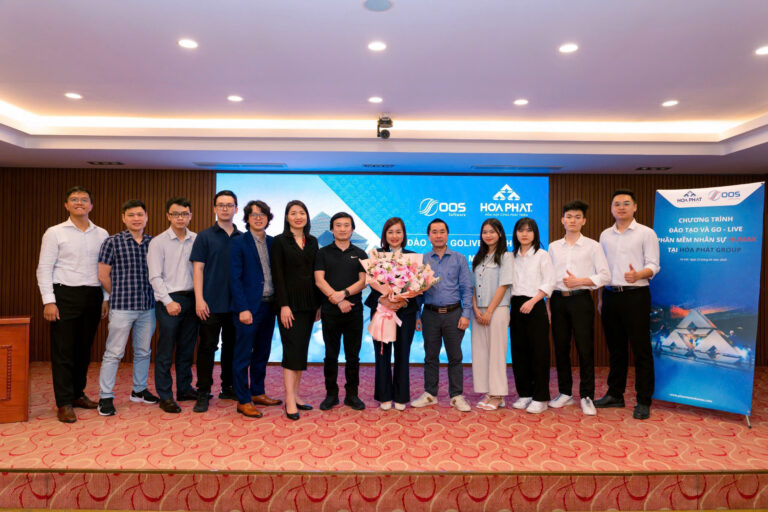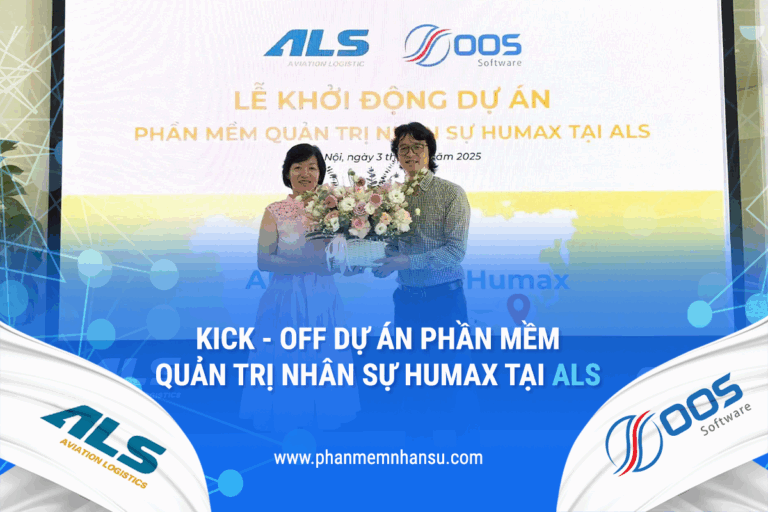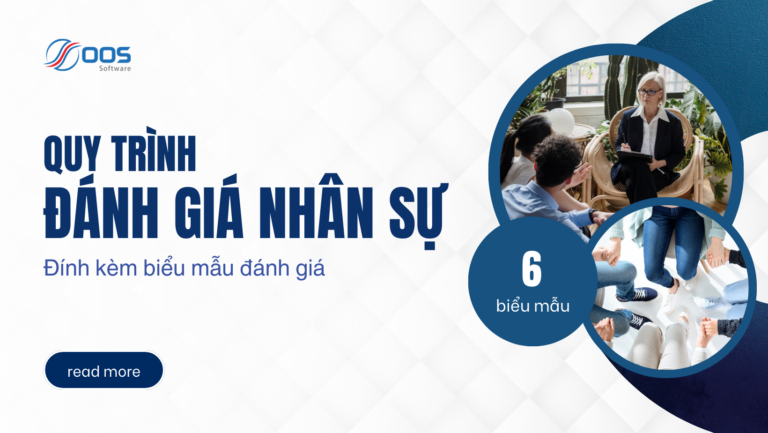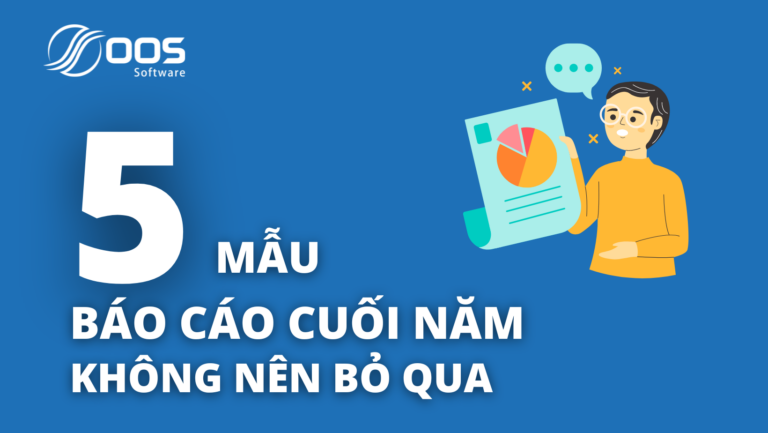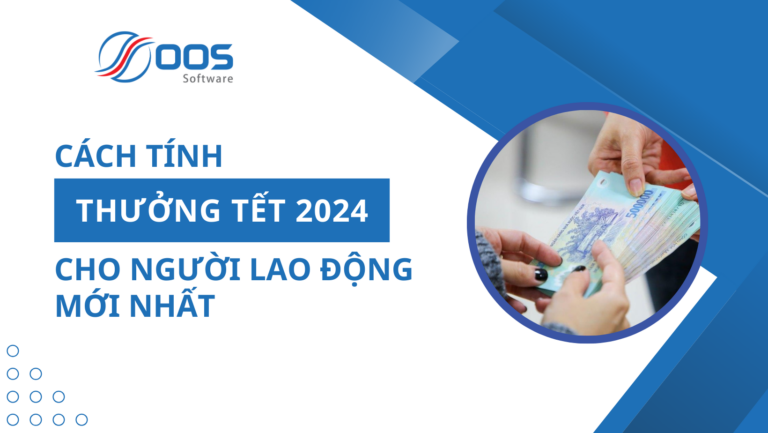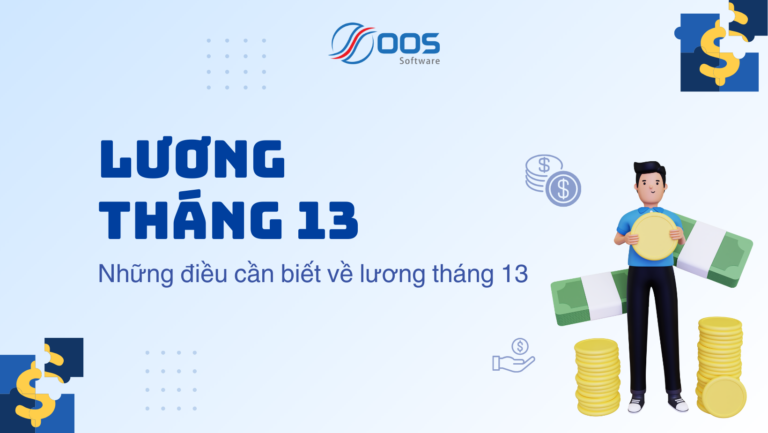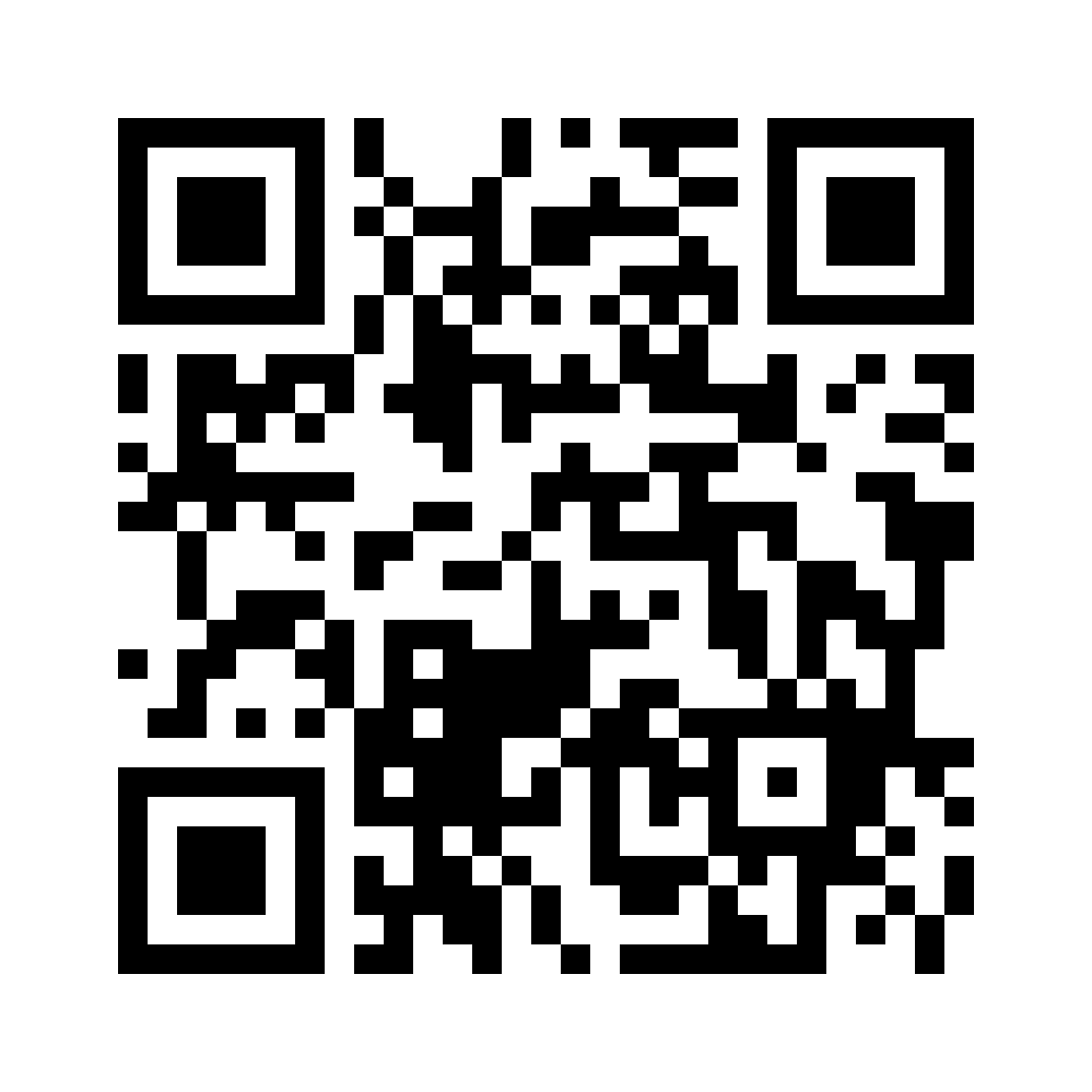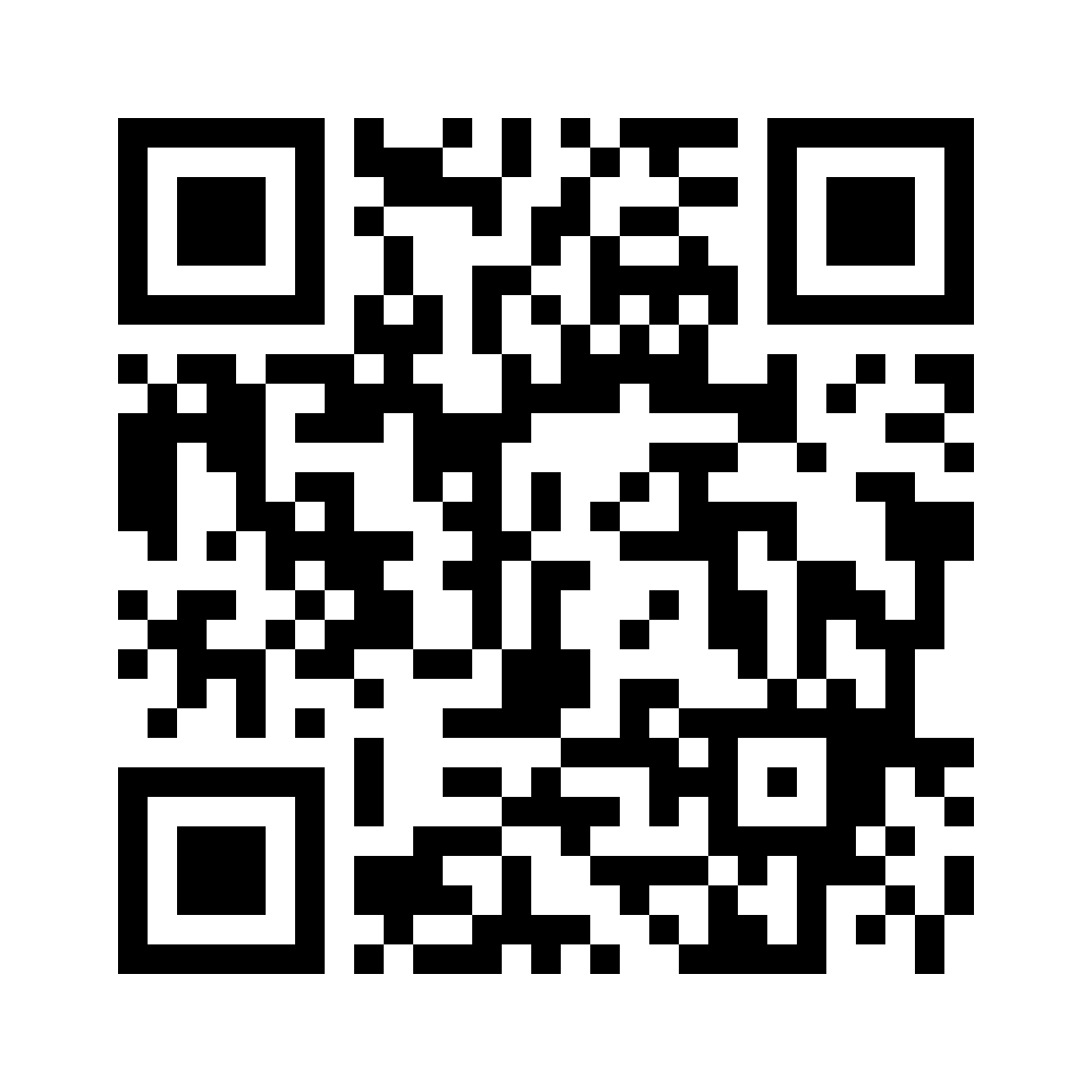When the Covid-19 pandemic is strongly affecting the production and business activities of enterprises, thereby affecting the psychology of personnel, internal communication activities become more important than ever.
The respiratory infection caused by the Covid-19 virus has affected the whole world, including Vietnam, disrupting the supply chain of many products and goods in the world, and stalling in production and business.
Almost businesses in all industries and fields are affected, production is interrupted or stalled, cash flow is affected. Working methods and processes have been changed due to many places having to work remotely, policies need to be updated.
“Internal communication can maximize its role as an information channel in improving knowledge of epidemic prevention and keeping employees healthy. Along with that, internal communication is also a tool to motivate employees to overcome difficulties in case the company suffers from negative economic impacts”, said Mr. Le Quang Vu, CEO of Blue C.
Communication messages about the business continuity plan also help maintain and update the business situation and orientation. In addition, internal communication is also a channel to share how to adapt to the environment and working conditions during the epidemic season such as working remotely, meeting online, changing hours, rules...
Right from the time the epidemic showed signs of outbreak, many businesses had quick and timely internal communication activities to not only reassure employees but also support them materially and spiritually.
Many businesses have published safety instructions and posted them, displayed on various channels such as placing standees, posting and hanging posters in the elevator lobby, company newsletters; email the infographics recommending and guiding the use of masks, safe hand hygiene.

Mr. Vu said, Blue C employees are encouraged to work remotely with flexible hours, information is transmitted to the internal team via online channels. The activities are updated daily by employees on the Basecamp system to help Mr. Vu and other members of the company capture the work progress even though they are not directly at the office. Mr. Vu also often uses online calling applications such as Zoom to communicate with employees, customers and partners instead of having to meet face-to-face as before.
Vietnam Airlines is another good example. This is one of the businesses directly affected by the epidemic. Therefore, the internal communication team of Vietnam Airlines has set up a daily update on its internal news page on the health situation of its staff, including the astronauts, flight attendants - who often travel to countries in epidemic areas. This news reporter also shares stories told by insiders to help employees better understand their colleagues and how Vietnam Airlines is working together to fight the epidemic.
Or the cultural and mass team of FPT Corporation on February 24th implemented a very small but meaningful event. Realizing that Da Lat roses could not be sold due to the impact of the Covid-19 epidemic, FPT's team mobilized to support the budget to buy 2,000 roses to give to all employees of companies in court. FPT Tan Thuan 2 house (HCMC) with a common wish is that the epidemic will pass quickly, everything will return to the rhythm of life. Those who receive flowers are surprised and feel happy for a first day of the week.
In danger there is always opportunity
Blue C CEO acknowledged that the epidemic is having a great impact on the company's business and production, but in danger there is always a chance. In the context of the epidemic, businesses can do three things including: review and optimize processes and standards; research and develop new products; training for staff.
In this moment, training for employees is definitely a suitable option. Training will help staff prepare skills and knowledge to be able to immediately start working when the translation is over. Training is also a way to keep employees motivated.
Mr. Vu said that this training is not difficult, the important thing is the training method and training content. To encourage employee engagement, you need to know how to take advantage of online training. Training during the pandemic can be through microlearning, webinar or online courses trained by a number of reputable organizations.
In which, microlearning is a form of breaking down training content, each lesson is only about seven minutes, learning from the smallest things. The amount of time to study each day is not too much. Webinar learning is learning through online video, everyone participates, similar to an online conference. Using Zoom software is a convenient way for staff to both watch the lecture and interact directly with the lecturer.
Businesses should also sponsor employees to take some really useful online courses from reputable organizations such as Harvard University, Cambridge. Some suggestions for online learning sites are Coursera, edX, Udemy, etc.
Mr. Vu said that employees at Blue C are encouraged to take courses on internal communication and corporate culture on the Everlearn system. After the semester, personnel will be tested and have a clear reward and punishment policy.
According to this expert, the training content should focus on the story of corporate culture, products and processes. With internal communication, content should focus on stories related to the general situation of the industry, the situation of the business and response decisions, scenarios for worse situations with solutions, stories to encourage employees' psychology, call for consensus to overcome difficulties, programs to share the burdens of both businesses and employees, and not forget to communicate about even small positive signals in " storm Eye".
Businesses need to put themselves in the shoes of their employees
The Covid-19 pandemic is having a huge impact on many businesses. And unfortunately, some businesses have had to consider the story of closing and laying off employees. Recently, on Facebook, a video of a female manager of Hanoi Emerald Waters hotel was forced to notify employees of temporary leave.
The female manager offers two options for employees to choose from. Firstly, all those who decide to return to their hometown to live again will be supported by the company with an unemployment salary of 1.5 million VND/month. If this situation continues for four months, they will be paid 6 million by the company on August 5, after returning to work.
“Why did it take until that day to pay? Because if you pay at this time, to be honest, the company doesn't have enough money. In the past ten days, it has been really difficult to collect money to pay for electricity alone. Every day the hotel earns one or three million, the electricity bill of the whole company is already 3-4 hundred thousand," the female manager said in the video. However, whenever it finds that a financial problem has been satisfactorily resolved, the company is willing to ask the accounting department to work.
In the second option, those who cannot return to their hometown will work for 18 full days and receive four million dong. The female manager said: “This moment is no longer a position, there is no longer a boundary between the boss and the employee, now is the time for us to treat the same. An ordinary chef of 20 million now also receives four million. Try, because of the current difficult situation, let everyone ignore questions like "Why is my salary 12 million but now only four million?" Accordingly, this policy will be applied right from March 1.
Standing in front of a large number of hotel staff, the female manager choked: “We are not like that. One day when I opened my eyes, the room was not sold, the room was still paid for. Many people do not work in this industry so they say it is very insensitive but we live in this industry must understand, the pain that we cannot share."
This woman shared, this is something she has never seen in her years of working. Compared to the SARS epidemic in 2003, Hanoi is not what it is now, with only ten hotels, and the largest hotel has only 15 employees.
Hanoi Emerald Waters Hotel seems to be the first hotel forced to temporarily lay off the hospital staff. Other units, although not saying the plan, are still hanging like thousands of hairs if the epidemic situation does not improve.
According to Mr. Vu, for businesses directly affected by the epidemic such as transportation, aviation, tourism, accommodation and production, this can be considered a crisis (belonging to the group of crises caused by external influences). outside: natural disasters, epidemics, wars, etc.). Therefore, the behavior of this business must be like dealing with a crisis.
“If you have to temporarily lay off employees, put yourself in the shoes of the employee to support them both physically and psychologically. Work with them to build a program that prioritizes return to recovery. If you force employees to leave completely, support them to the maximum in the process of finding a new job, "said CEO of Blue C.
Each different business will have different characteristics resulting in different handling. Mr. Vu believes that leaders are the ones who best understand what to say and do in their situation. In some large enterprises, leaders voluntarily work without pay, some mobilize employees to take annual leave, reduce wages, some prepare mentally for a strike when they lose their jobs.
At this time, businesses should have good, medium and bad scenarios and implement public and transparent communication so that personnel are not lacking information and can understand the difficulties of the business. If any scenario occurs, employees will also be informed in advance.

